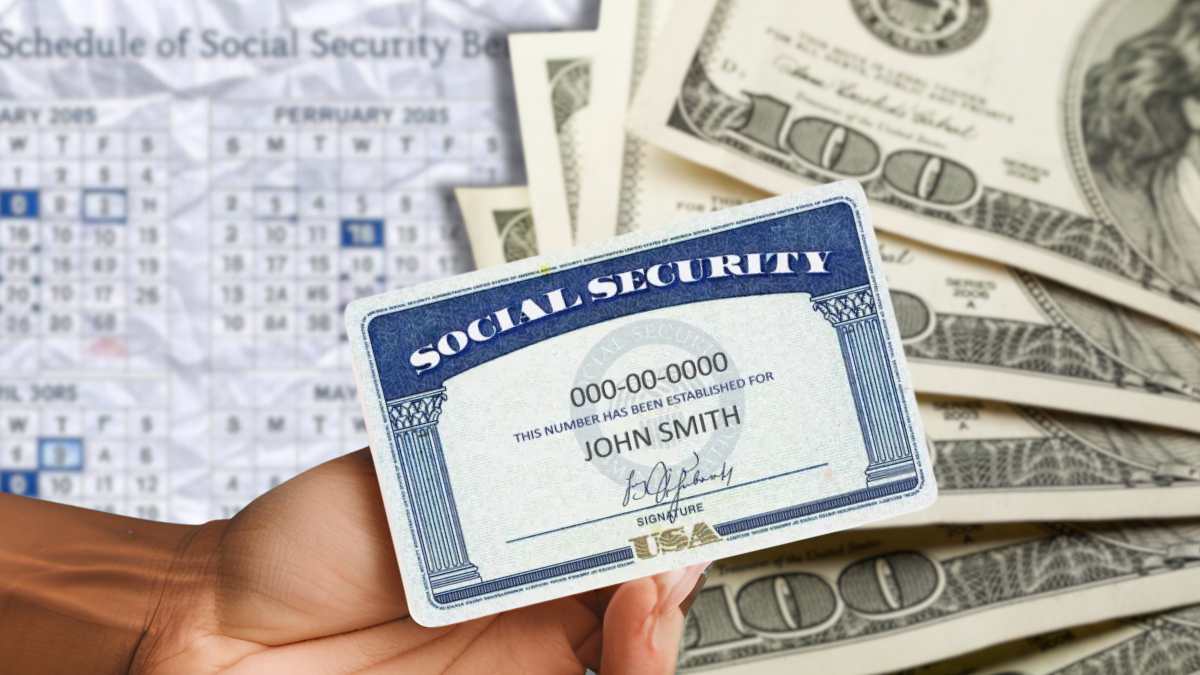If you receive Supplemental Security Income (SSI), you’re probably already aware that next June comes with a surprise: no deposit. But don’t worry, it’s not a mistake or a cut. It’s simply due to an adjustment in the payment schedule that happens from time to time.
It turns out that SSI is normally paid on the first day of each month. But when that date falls on a weekend or holiday, the Social Security Administration (SSA) advances the payment to the last business day before. And just this year, June 1st is a Sunday, so the money arrived earlier: on Friday, May 30th.
What other months will see changes in 2025?
This means that, instead of receiving a payment in June, the beneficiaries already collected that money in May. Therefore, on your statement, you’ll see two deposits in May (one on the 1st and one on the 30th) and none in June. Don’t worry, because everything will return to normal in July, when the next payment will arrive on the 1st, which falls on a Tuesday.
This isn’t the only month with adjustments. The complete payment schedule for the rest of the year is as follows:
- July: July 1st (Tuesday) – Normal payment.
- August: August 1st (Friday) – Normal payment.
- August (second payment): The 30th falls on a Saturday, so it is brought forward to the August 29 (Friday).
- October: October 1st (Wednesday) – Normal payment.
- November: Since the 1st is Saturday, the payment arrives on October 31st (Friday).
- DecemberDecember 1st (Monday) – Normal payment.
- January 2026: Payment is made in advance December 31, 2025 (Wednesday), since January 1st is a holiday.
How much money do you receive from SSI?
The maximum amounts for 2025 have increased slightly:
- Single people: $943 per month.
- Couples (if both receive the benefit): $1,415 per month.
- Essential people(those who care for a beneficiary): $472 per month.
Of course, these figures may vary depending on your income, savings, or the state you live in. Some states add a small supplement, so it’s worth checking with the SSA.
Can you collect SSI along with other benefits?
Yes, it is possible to combine Supplemental Security Income (SSI) with other assistance programs, such as Social Security Retirement or Social Security Disability Insurance (SSDI), but there are certain rules to keep in mind to avoid surprises.
SSI is specifically designed for people with low income and limited resources (elderly, blind, or disabled), so if you receive other payments—such as a Social Security pension, disability benefits, or even state assistance—your SSI amount could be reduced. This is because the program considers all of your income when calculating your eligibility.
How do other incomes affect SSI?
- If you receive a low Social Security pension: You may still qualify for SSI, but your payment will be adjusted based on what you already receive.
- If you have SSDI: In some cases, you may be able to receive both benefits, but if your disability payments are high, you may no longer qualify for SSI.
- State aid or subsidies: Some programs don’t affect your eligibility, but others do. For example, if you receive rental assistance or food stamps, you must report them.
The SSA periodically reviews beneficiaries’ status, so it’s worthwhile to report any changes in your income or resources. If, for example, you start working part-time or receive an inheritance, you could lose your benefit if you exceed the allowable limits




